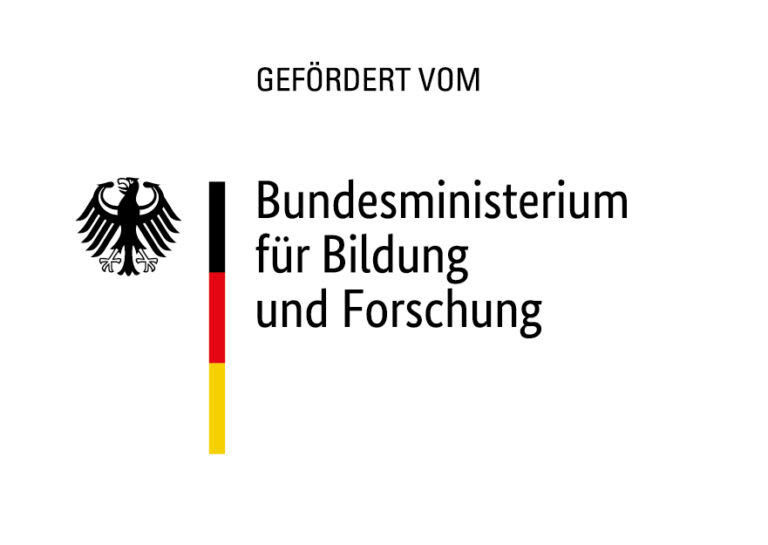
Effects of non-pharmaceutical interventions on
the burden of respiratory infections during
and after the pandemic
The medium- and long-term effects of nonpharmaceutical interventions (NPIs) used during the COVID-19 pandemic on respiratory infections such as respiratory syncytial virus, influenza, and pneumococcal disease remain poorly understood. However, they play a critical role in assessing the total burden of disease according to NPIs.
Our goal is to develop an integrated model to simulate the transmission of various respiratory infections and the collateral effects of NPIs on their medium- and long-term disease burden.
Specific objectives are divided into different subprojects of RESPINOW.
Project
The RESPINOW project consists of several subprojects working together to create an integrated model to simulate the transmission of various respiratory infections and to better understand the post-pandemic dynamics of these infections.
Evidence Synthesis
Subproject 1
Harmonize available data to synthesize a global dataset of immunity markers, infection prevalence, and burden of disease from respiratory infections during and after NPIs.
Population-based surveys
Subproject 2
Survey of RSV, influenza, and pneumococcal disease dynamics in a population-based cohort intra- and postpandemic.
Integrated modeling
Subproject 3
Modeling the spread of multiple pathogens in realistic environments to quantify the impact of specific interventions on the endemic equilibrium.
Short-term forecasts
Subproject 4
Nowcasting and short-term prediction of multiple respiratory diseases in real time.
Partner
The RESPINOW project team is composed of various renowned persons and scientists. Involved are:
- Helmholtz Centre for Infection Research (HZI)
- University of Heidelberg (UHD)
- Max Planck Institute for Dynamics and Self-Organization (MPIDS)
- Institute of Economics, Karlsruhe Institute of Technology (KIT)
- Natural and Medical Sciences Institute (NMI)
- University of Cologne (UCo)
- University of Münster (WWU)
- Medical Epidemiology, Biometry and Medical Informatics, University of Halle (MLU)
- Kaiserslautern University of Technology (Uka)
- Robert Koch Institute (RKI)
You can find information about this on our partner page.
Result
The project team started work in May 2022.
The results of the RESPINOW project will be available on our results page in due course.
Questions
Do you have questions about the RESPINOW project? Here you will find the right contact persons.

